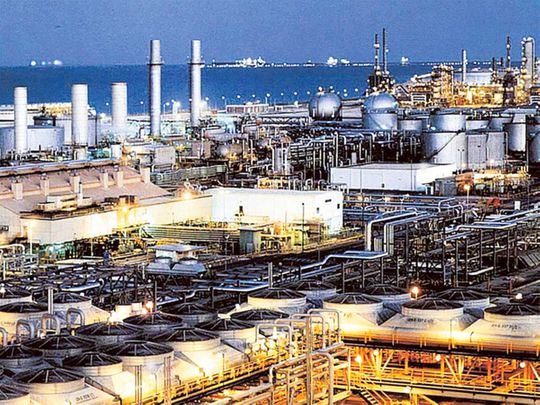
Dubai: Market bears are not paying any heed to the bullish signals in Brent crude.
Brent prices had a knee-jerk reaction for a few hours to the two attacks on oil tankers in the Gulf of Oman and, earlier, off the Fujairah coast. Overall, Brent has been in a downward trajectory due to demand concerns from the escalating trade tensions between the US and other countries.
“The Middle East tensions could get worse before they get better,” said Vandana Hari, CEO of Vanda Insights. “For the time being, the fear premium from the rash of onshore and offshore attacks is being kept check by bearishness over the global economy and oil demand growth, which seems to have a firm grip over the oil market.”
Brent crude prices gained $2-3 per barrel on the day of the attacks, but shed 13 per cent since the first one took place on May 12. On Thursday, prices jumped 3.2 per cent to a high of $63.88 per barrel after Iran shot down a US military drone.
“I am surprised Brent hasn’t reacted more aggressively since the latest attacks (in the Gulf of Oman) — fundamentally, the threat of 30 per cent of the world’s oil being choked off is the biggest bullish factor we have had for some time,” said Matt Stanley, senior broker at Star Fuels. “I think the market is still in some what of a state of shock and waiting for someone to make an official statement as to what the next move is. Only then will the market react.”
Supplies from other centres would fetch a premium if there are any constraints to vessels plying in the Strait of Hormuz, through which 30 per cent of all global oil moves.
“If the perception is that the incident would create supply shortage, then crude oil spreads should strengthen,” said Tamas Varga, analyst at PVM Oil Associates Ltd. “Actually, this is what we saw on Thursday — Brent spreads got stronger. Also, in case of supply shortages from Gulf countries due to the potential closure of the Strait of Hormuz, any replacement barrels — Urals, North African grades — would get bid up.”












